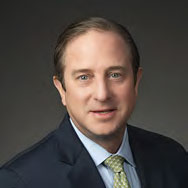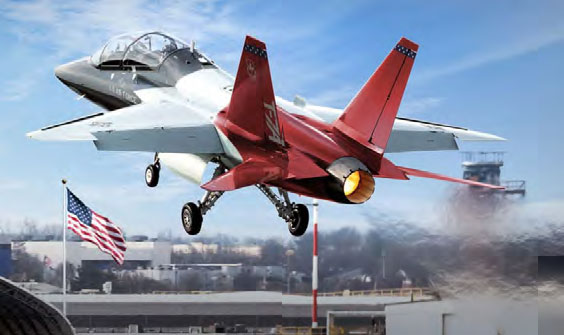AIR TRANSPORT Boeing and sustainability
Boeing charts a greener flight path
TIM ROBINSON FRAeS reports on how the US airframer is putting Environmental, Social and Governance (ESG) at the core of its efforts to advance green aviation and win back trust.
It is no exaggeration that the two fatal crashes of the 737 MAX airliners in which 346 people lost their lives, shattered many people’s trust in the US icon of aerospace engineering excellence that is Boeing – a searing scar that the company is still coming to terms with.
 Chris Raymond, Boeing, Chief Sustainability Officer (Boeing)On top of these crashes, the wider global aviation industry itself has been facing the biggest crisis in its history – with the Covid-19 pandemic that has grounded flights, furloughed pilots and closed borders on an unprecedented scale. There have also been massive social upheavals, with protests and anger about racial injustice and anger directed at the wealth of the 1%. Finally, climate change (too late, some might argue) has gone from an abstract concept to a frightening reality for those affected by extreme weather and wildfires. This has caused a shift at both the political level and with the general public. Aviation, at least in the West, can no longer take support for granted.
Chris Raymond, Boeing, Chief Sustainability Officer (Boeing)On top of these crashes, the wider global aviation industry itself has been facing the biggest crisis in its history – with the Covid-19 pandemic that has grounded flights, furloughed pilots and closed borders on an unprecedented scale. There have also been massive social upheavals, with protests and anger about racial injustice and anger directed at the wealth of the 1%. Finally, climate change (too late, some might argue) has gone from an abstract concept to a frightening reality for those affected by extreme weather and wildfires. This has caused a shift at both the political level and with the general public. Aviation, at least in the West, can no longer take support for granted.
What this means then is that former assumptions of ‘business returning to normal’ are no longer valid. Boeing has responded to this with the creation of a new Global Enterprise Sustainability division that is aiming to strengthen the values of environmental, social and governance (ESG) and put them at the company’s core. Appointed in September 2020, Chris Raymond is the company’s first Chief Sustainability Officer and the creation of this new division and position (which reports directly to the CEO) is a sign of how much importance the company now places on this key area – with the company releasing its first comprehensive sustainability report earlier this year.
Boeing’s sustainability efforts are not new (its ecoDemonstrator green airliner programme dates from 2011) but this represents a new singular and unified focus across the whole of its business, from satellites to airliners. Says Chris Raymond: “The collection of activities that falls under ESG now is really the environmental topics, the social topics and the governance of the company. I think we’ve done a lot of those things as a company since our inception but we weren’t really pulling it all together and we probably weren’t putting it in the language that the world expects it now.”
Raymond notes the implicit issue of Boeing’s credibility post-737 MAX: “Because of Boeing’s challenges before the pandemic, the reality is we have to earn some trust. We have to re-earn some trust and I think this topic was just one that was so important to our stakeholders, regardless of who they were: an employee, a customer, a regulator or the flying public.
We wanted to put more attention or focus on it. And so we did that by naming a dedicated organisation. I report directly to the CEO, we set the organisation up around ESG, so we had the right focus on those topics inside and across the company.”
Raymond agrees that, even pre-pandemic, the aviation industry was on the back foot in getting its message across in its efforts to improve sustainability and its immense societal value. “Just think going forward, we’re going to have to be a little more mindful of making sure we’re humbly and credibly communicating what the industry is doing because there’s this view that we’re just growing and aren’t paying attention to it by some.
We’ve got to make sure the public sees the societal goodness but also understands that ‘we get it’ and it’s changing to be more sustainable as it grows and goes forward,” adding: “we have to stay focused on that constant, credible communication. I just look at what’s happened with the oil, gas and automotive industries and we certainly don’t want aerospace to fall into that perception.”

